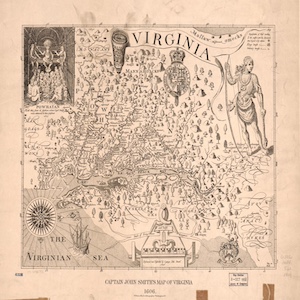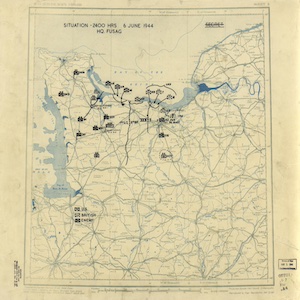Browse
Global
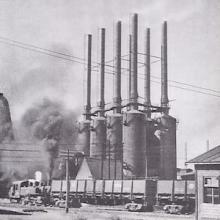
Teaching
Short Teaching Module: East Asian Developmental States in Global History
The essay examines the concept of the “developmental state” in East Asia, tracing its evolution and application across both capitalist and socialist regimes of the twentieth century.
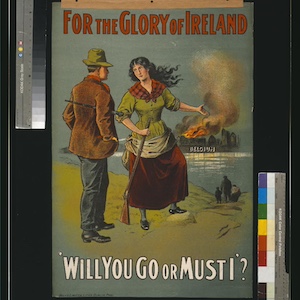
Source
For the glory of Ireland
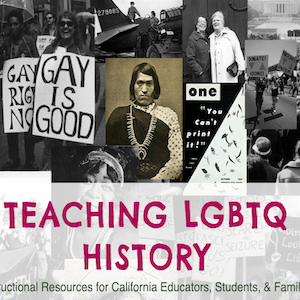
Review
Teaching LGBTQ History
Teaching LGBTQ History is an organized and quality social-justice oriented educational resource that provides a wide diversity of adaptable lesson plans and connection to outside community-based and digital online resources.
Review
Girl Museum
The Girl Museum makes important interventions by placing girlhood more squarely into the teaching of history, literature, culture, and arts on a global scale.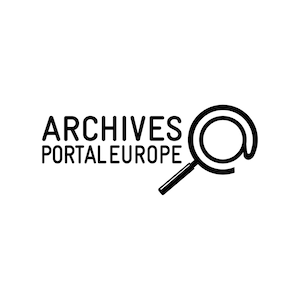
Review
Archives Portal Europe
This website presents records from dozens of countries, in over 20 languages, and from around 7000 diverse archival institutions total including the national archives of dozens of countries and other smaller institutions.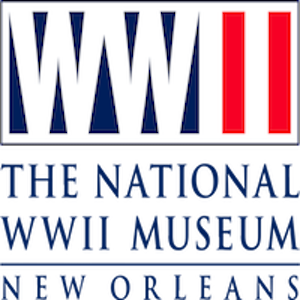
Review
National World War II Museum
The museum also offers a bank of student resources, primarily research tools such as the yearbook database and Research Starters, a bank of statistics and introductory ma
Review
Archeological Collection of the Gold Museums
The work of the Banco de la República combines collections related to music, plastic arts, documentary, numismatic, philatelic, archeological, and ethnographic elements.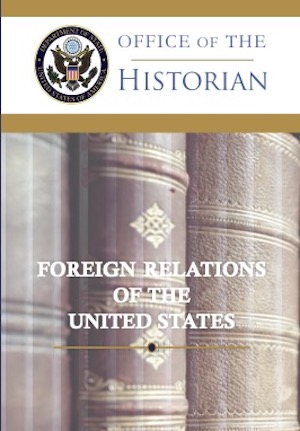
Review
